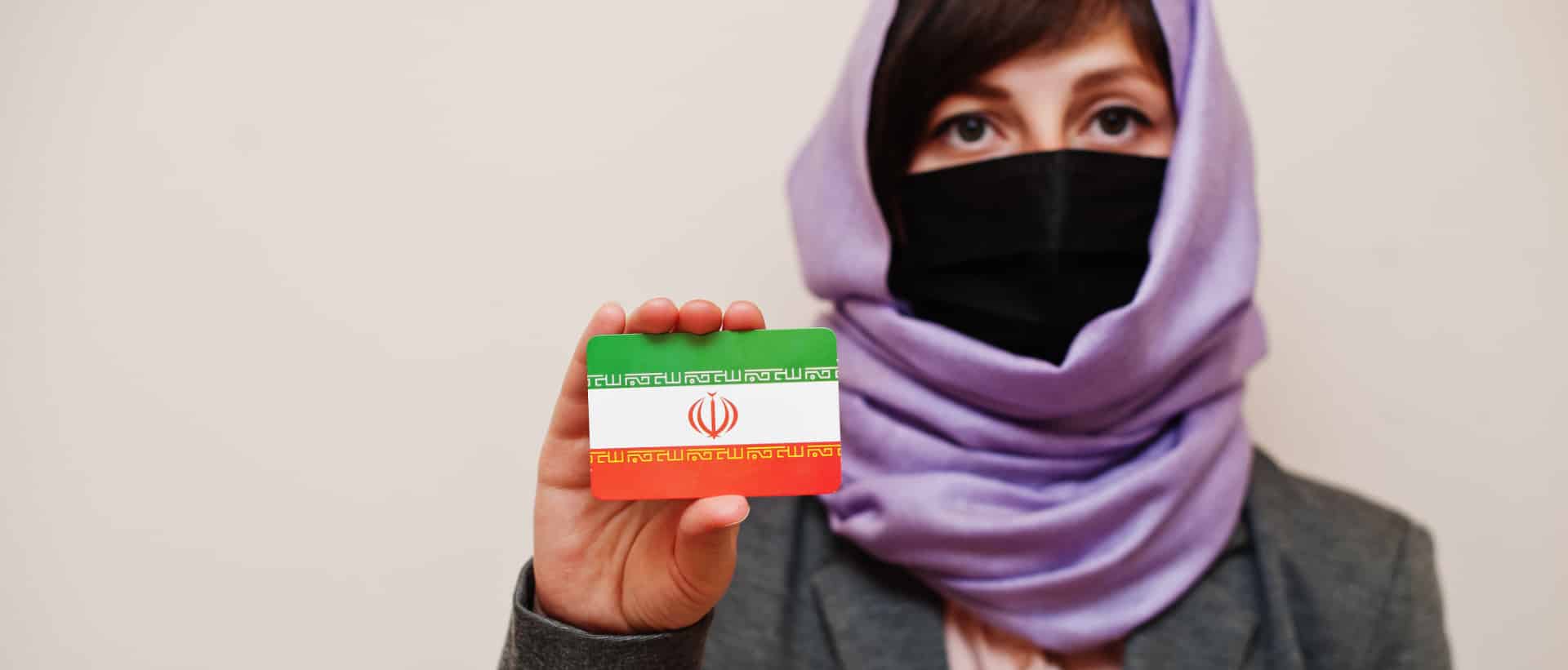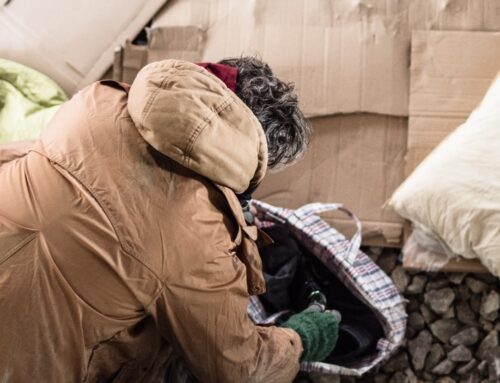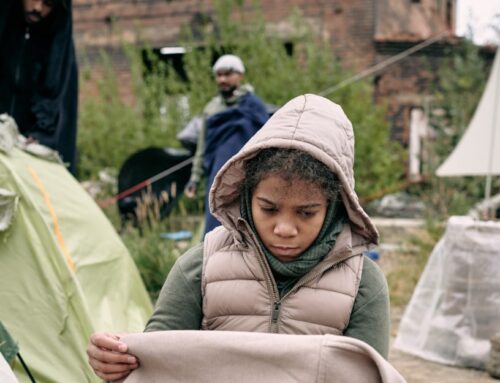As I watch the devastating images from Iran following the 12-day bombardment that began on June 13, my heart aches not just for the immediate suffering, but for a deeper tragedy unfolding before our eyes. While politicians debate military strategies and media outlets speculate about regime change, we’re collectively blind to the most important story emerging from this crisis – the extraordinary resilience and courage of ordinary Iranians fighting for their freedom.
For almost 40 years now, I’ve been working with forgotten souls in our own community, learning that hope often emerges from the darkest places. The same is true in Iran, where a remarkable democratic movement has been growing despite unimaginable repression. Yet most Australians have no idea it exists.
What breaks my heart is that we’re told there’s no alternative to this murderous regime – the same regime that has executed approximately 120,000 of its own citizens since 1980. This narrative is not only wrong, it’s dangerously misleading. There is an alternative, and it’s been fighting for democracy longer than most of us have been paying attention.
I think back to September 2022, when millions of Iranians rose up after the death of Mahsa Jina Amini. The regime’s response was swift and brutal – over 750 protesters shot dead and 30,000 arrested. But here’s what many don’t know: the protests never really stopped. Teachers, nurses, farmers, workers, and retired people whose savings have been plundered continue to resist daily. They’re not waiting for foreign intervention or for someone to liberate them. They’re doing it themselves.
What gives me profound hope is learning about the thousands of resistance units operating across Iran – ordinary people organising themselves despite enormous risk. The National Council of Resistance of Iran, established in 1982, may be unknown to most Australians, but it represents a remarkable coalition of democratic groups that have maintained their vision of a free, secular republic through four decades of exile and repression.
The recent bombardment has created what one observer called “a tsunami of internal crisis” for the Iranian regime. Their regional proxies have been weakened, their nuclear facilities damaged, and their people are increasingly willing to risk everything for change. This is not the time for the international community to look away or fall back on failed policies of appeasement.
For too long, Western governments – including Australia’s – have preferred dealing with the devil they know rather than supporting the democratic alternative that exists. This approach has failed spectacularly. It has emboldened a regime that exports terrorism, suppresses its own people, and threatens regional stability.
What Iran needs now is not more military action, but recognition and support for its democratic opposition. When over 560 UK lawmakers sign statements supporting the Iranian resistance and their Ten-Point Plan for democracy, they’re acknowledging what should be obvious – that change must come from within Iran, led by Iranians themselves.
The Ten-Point Plan offers exactly what Iran needs: separation of religion and state, gender equality, protection of minorities, a non-nuclear Iran, and genuine democracy. These aren’t Western impositions – they’re the aspirations of millions of Iranians who have been fighting for these principles at enormous personal cost.
As the immediate crisis fades from headlines, we face a choice. We can continue ignoring Iran’s democratic movement, leaving ordinary Iranians to face this regime’s brutality alone. Or we can recognise that the solution to Iran’s problems won’t come from military strikes or diplomatic accommodation with dictators – it will come from supporting the remarkable men and women who have never stopped believing that freedom is possible.
In my work with Australia’s most vulnerable, I’ve learned that real change comes from recognising people’s inherent dignity and capacity for self-determination. The Iranian people deserve the same recognition. Their struggle for democracy is one of the great untold stories of our time – and it’s time we started listening.





